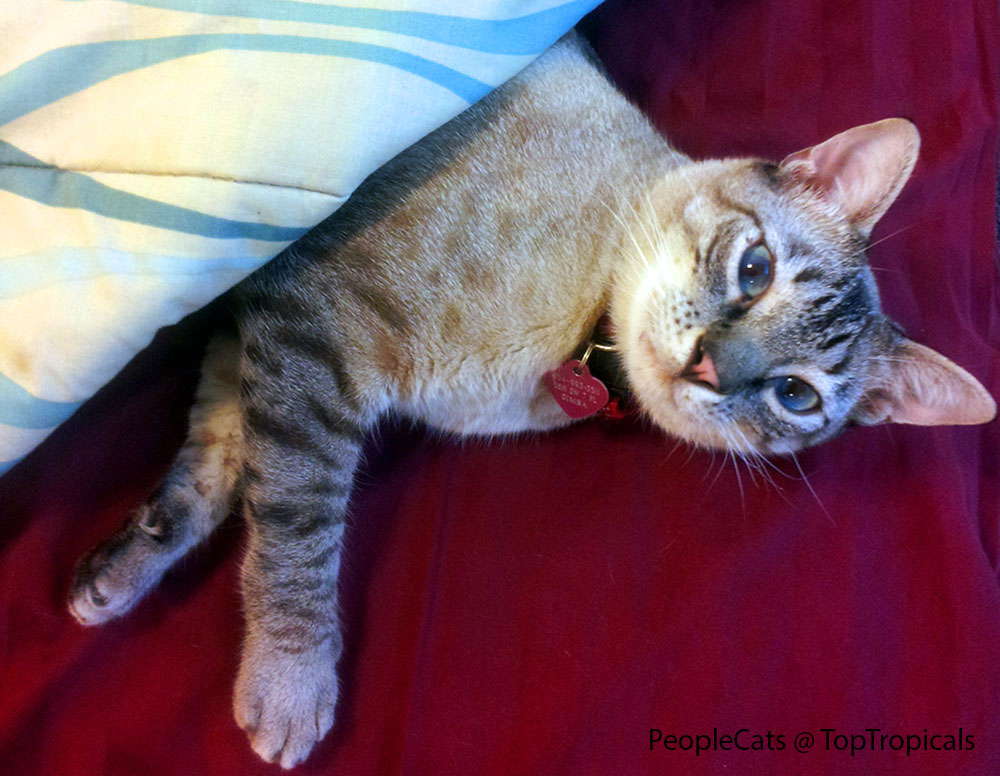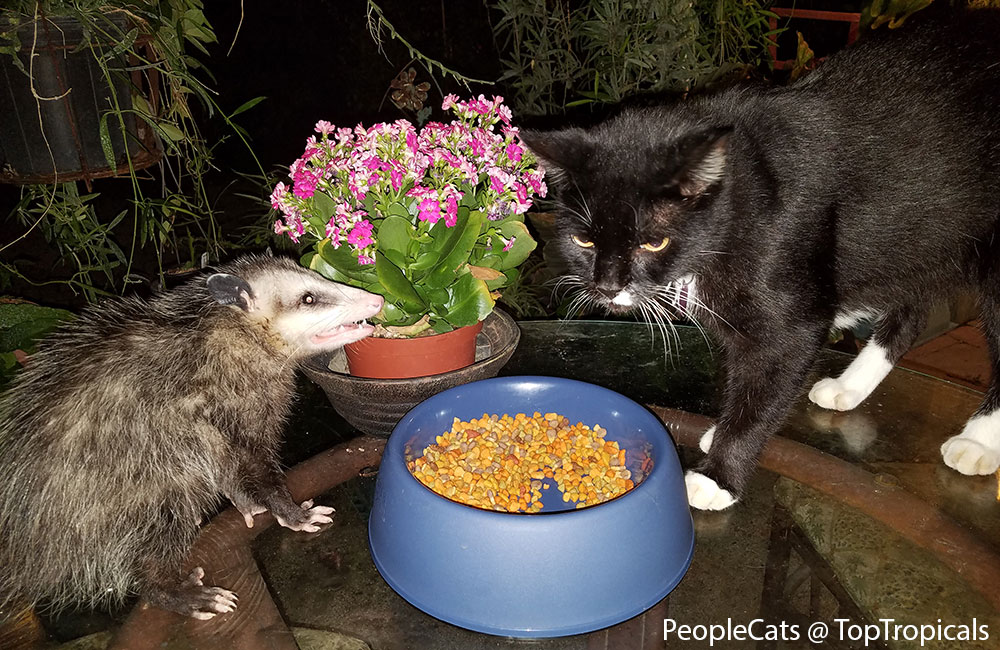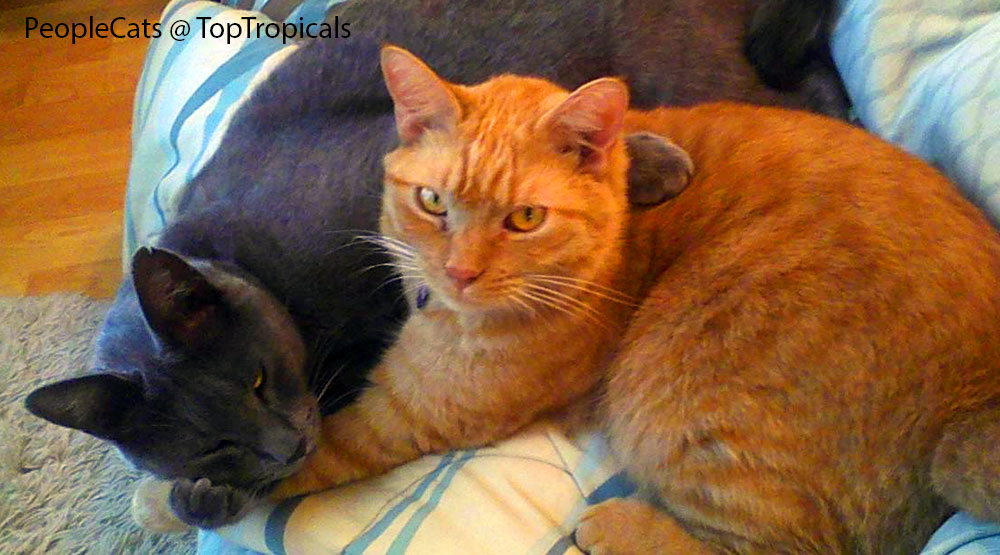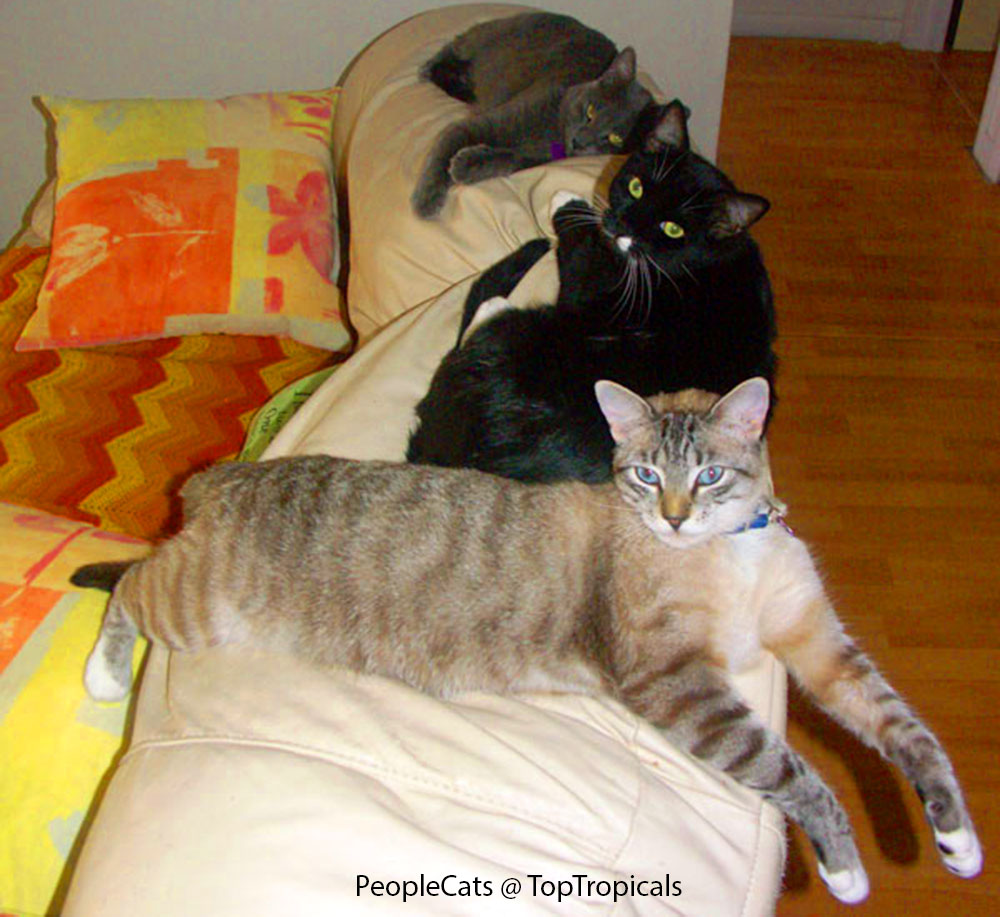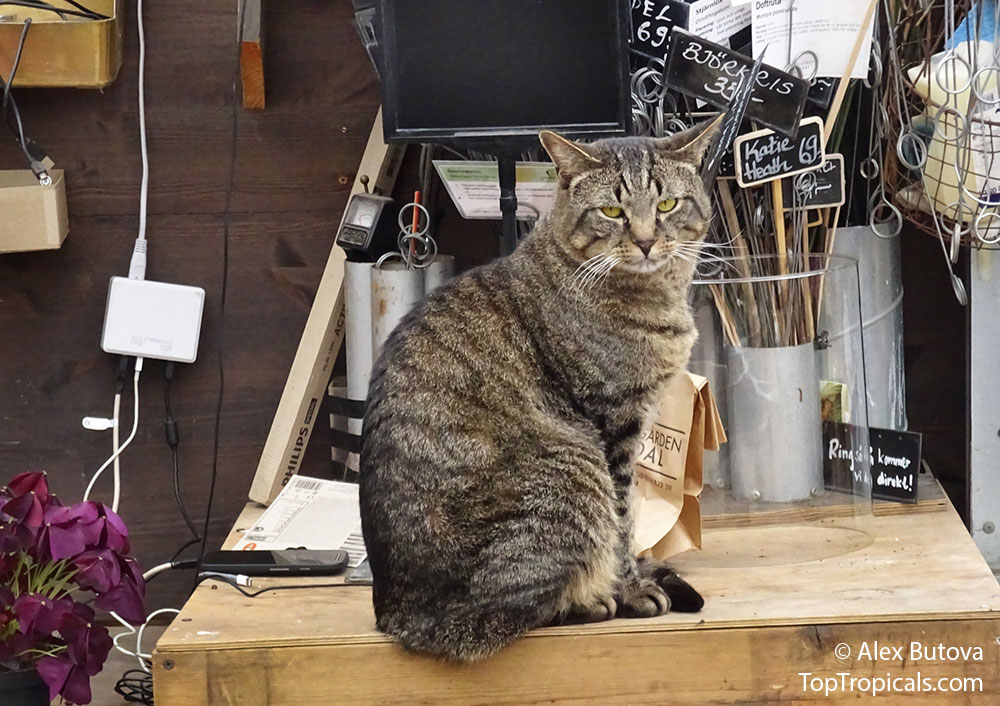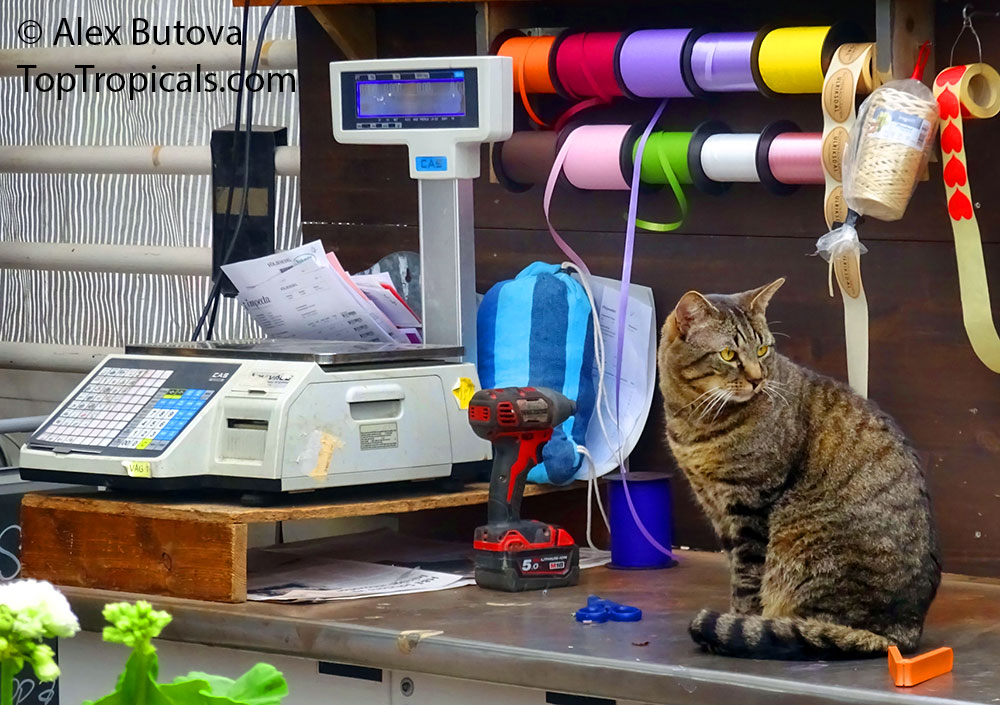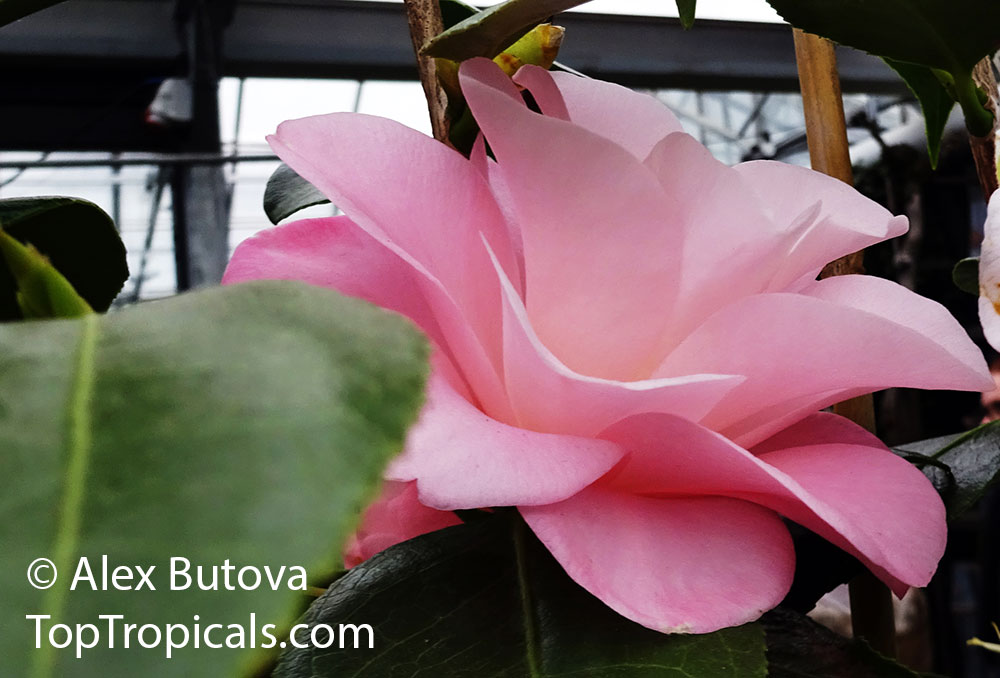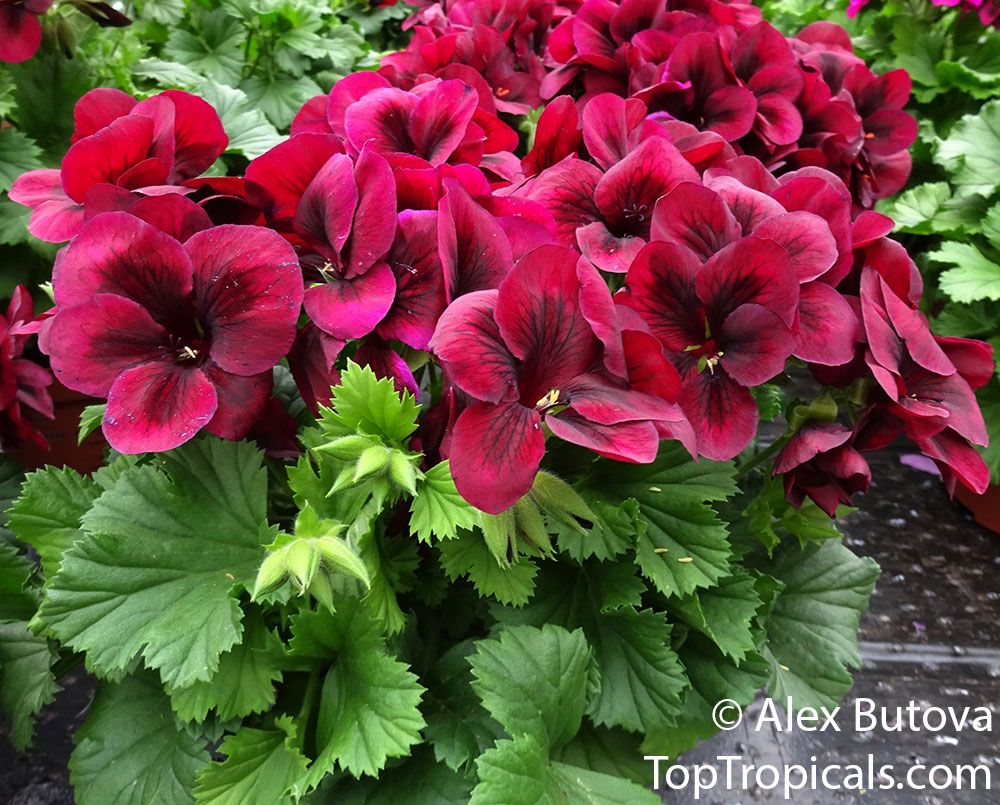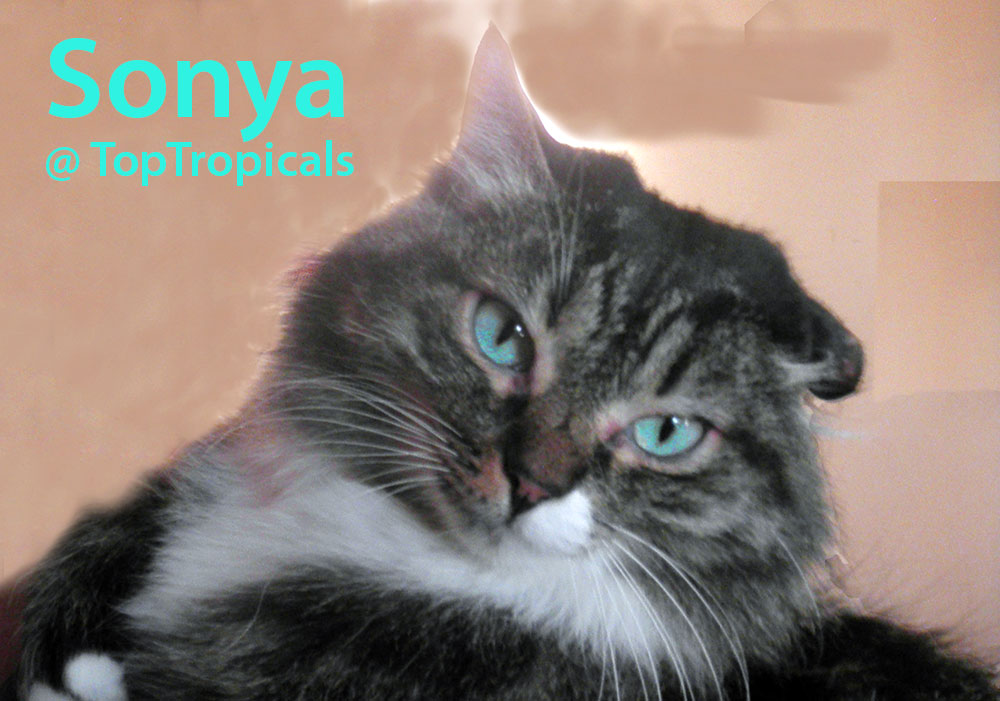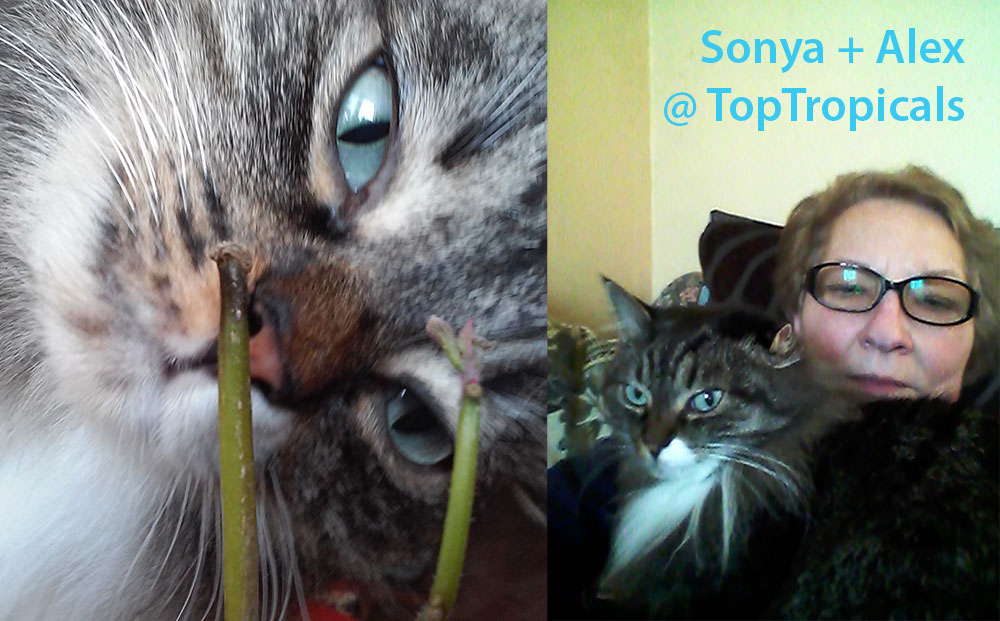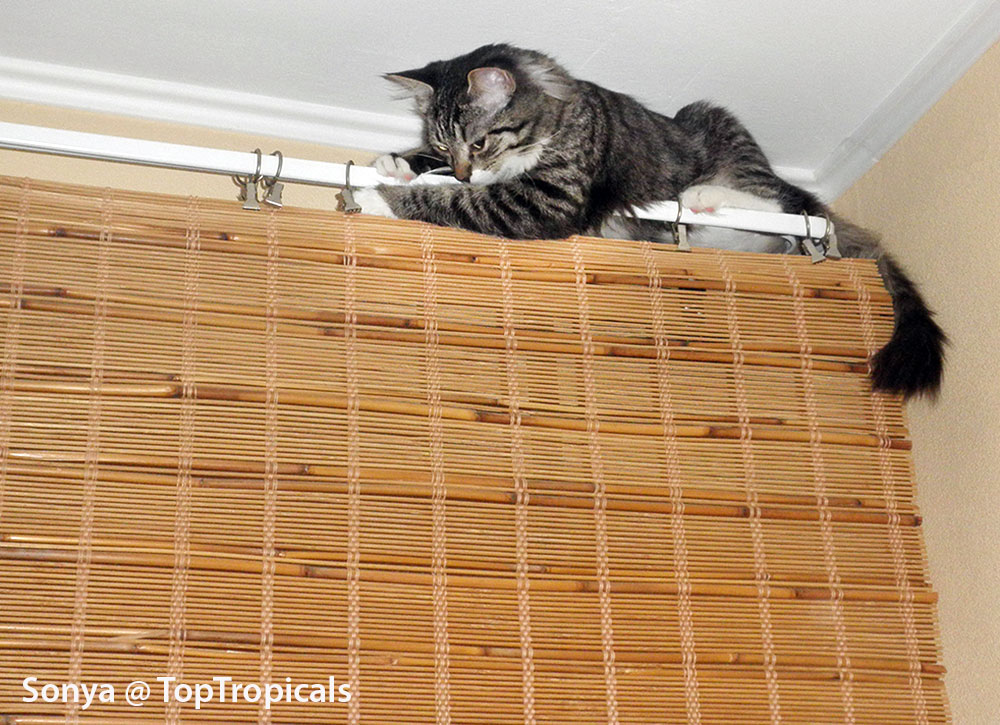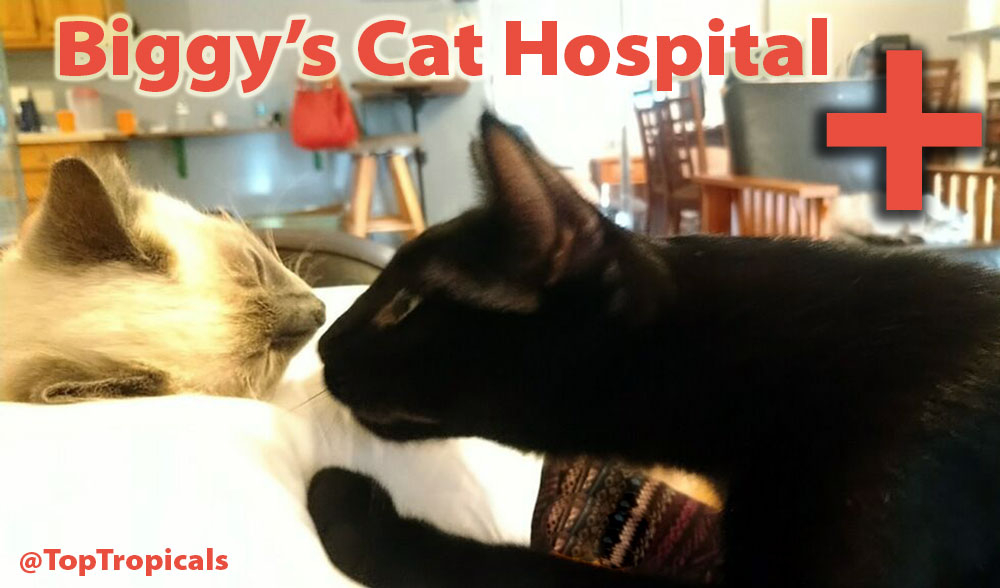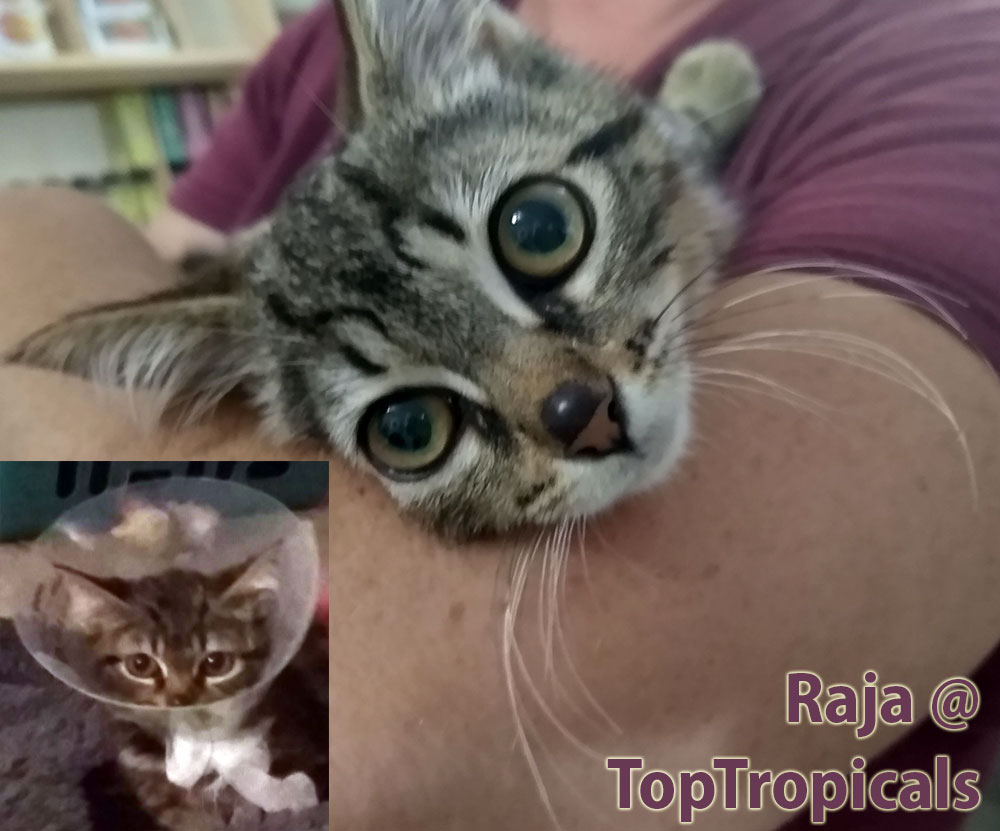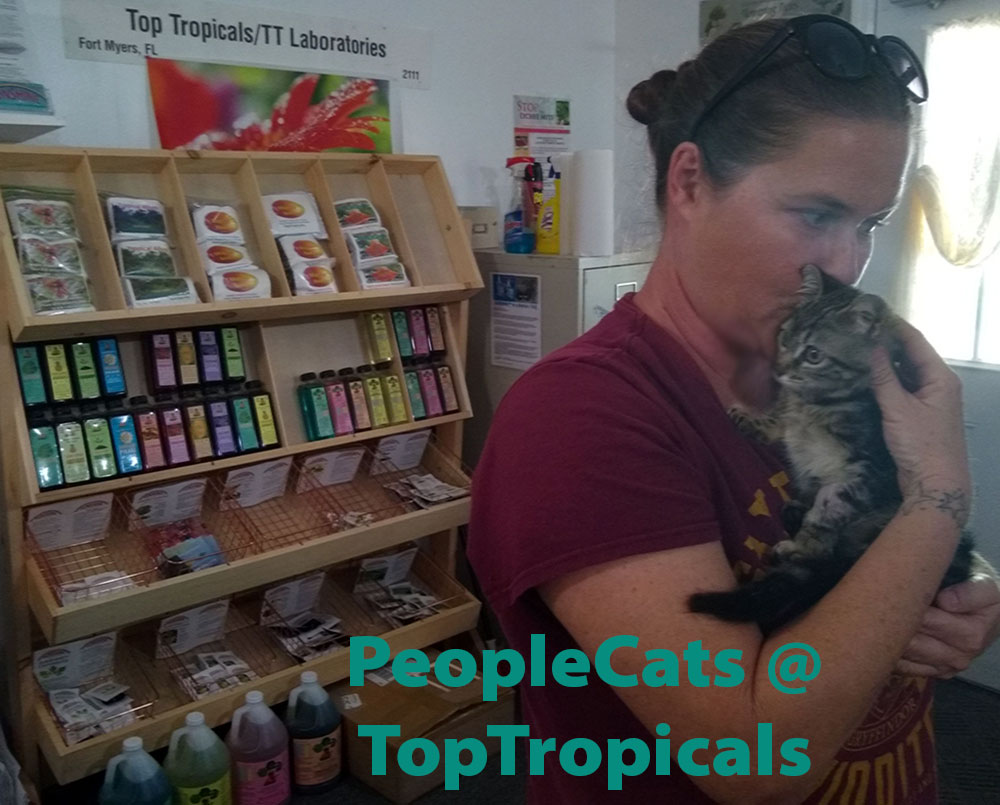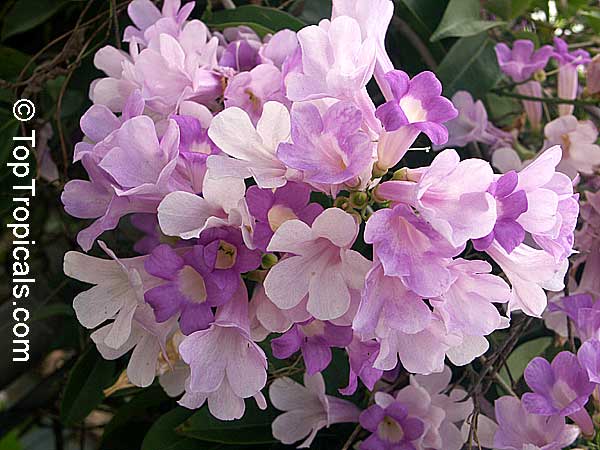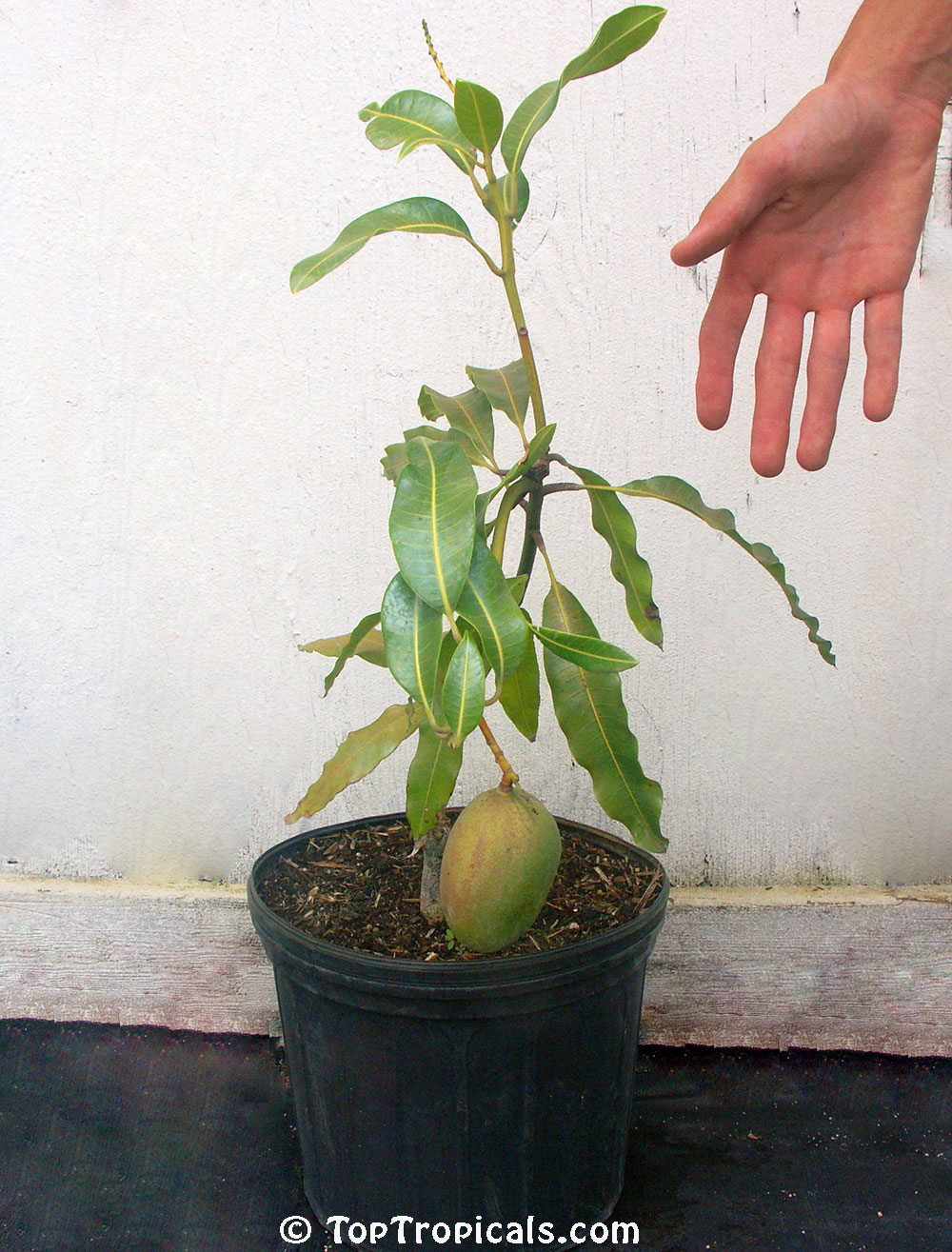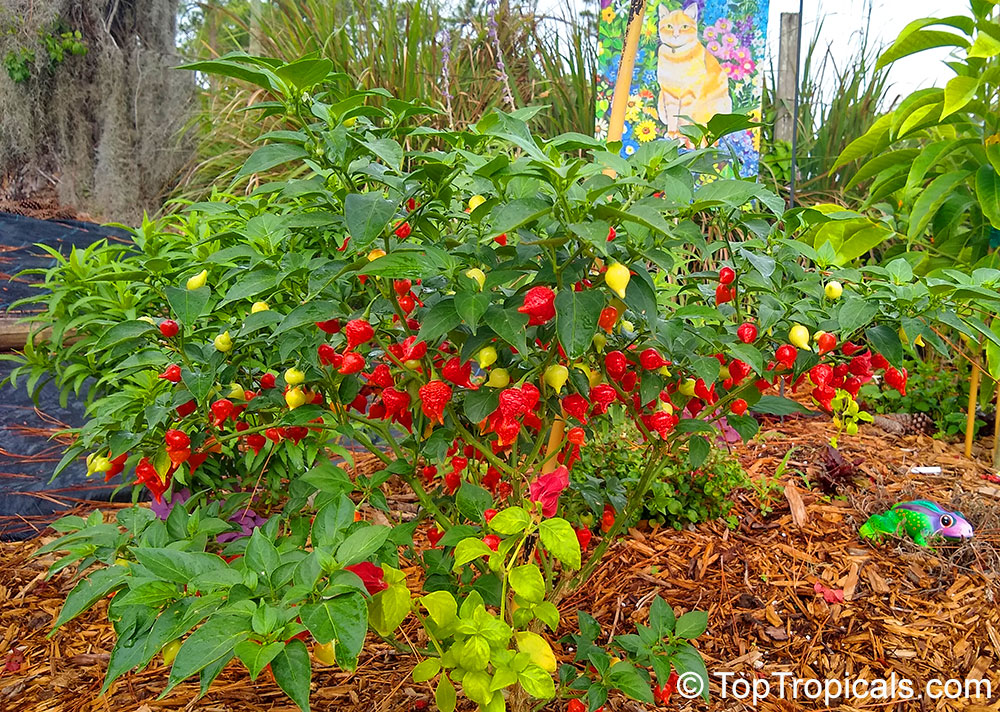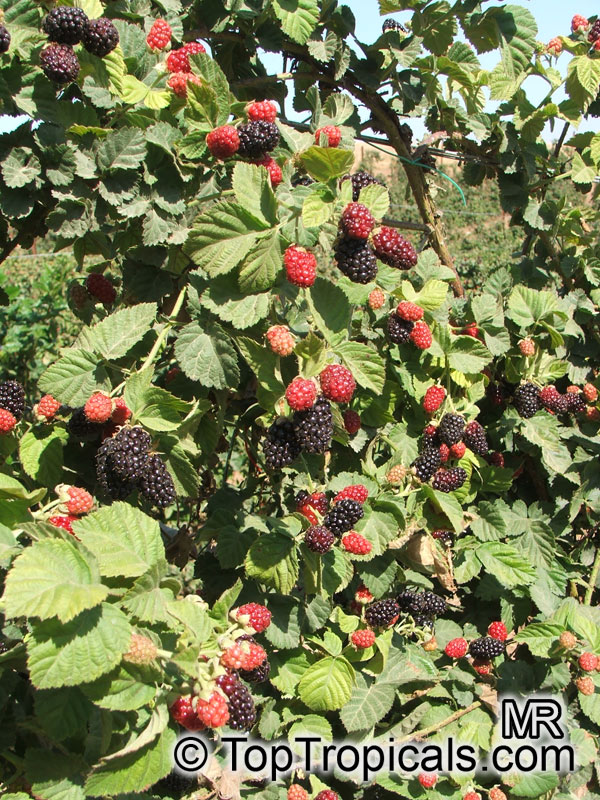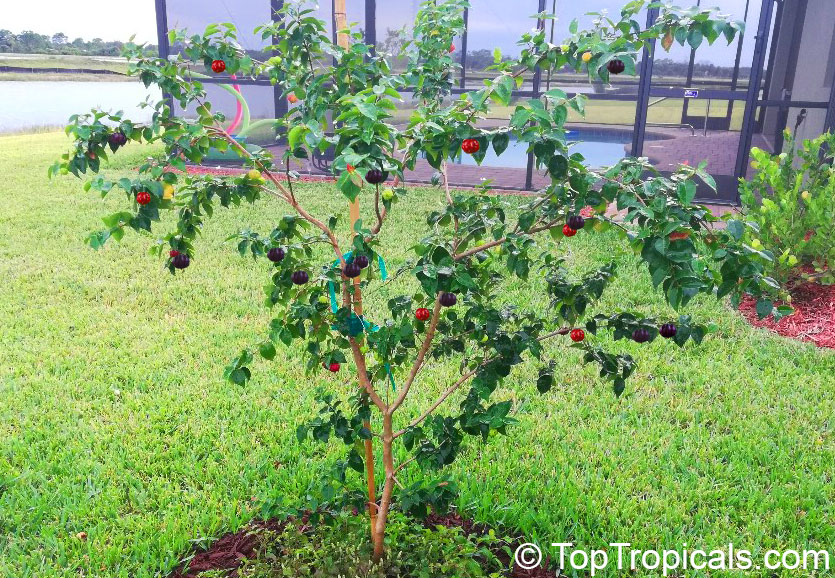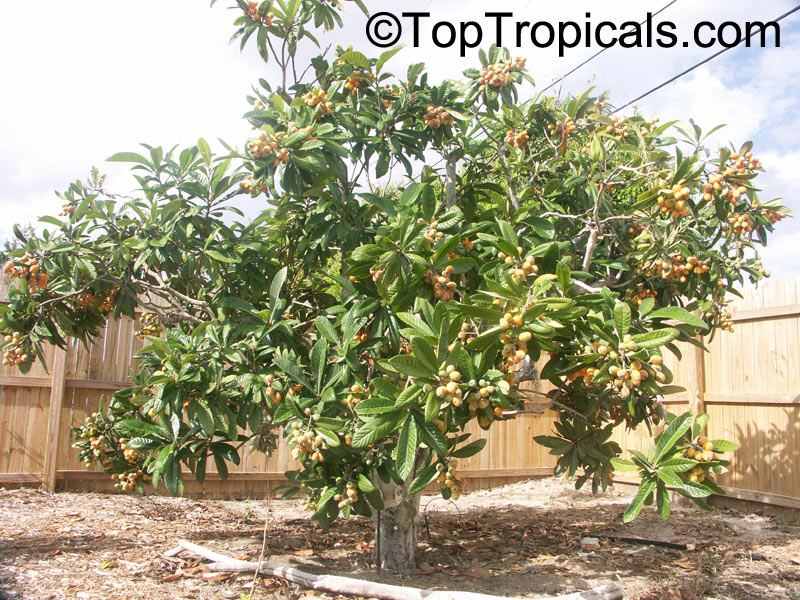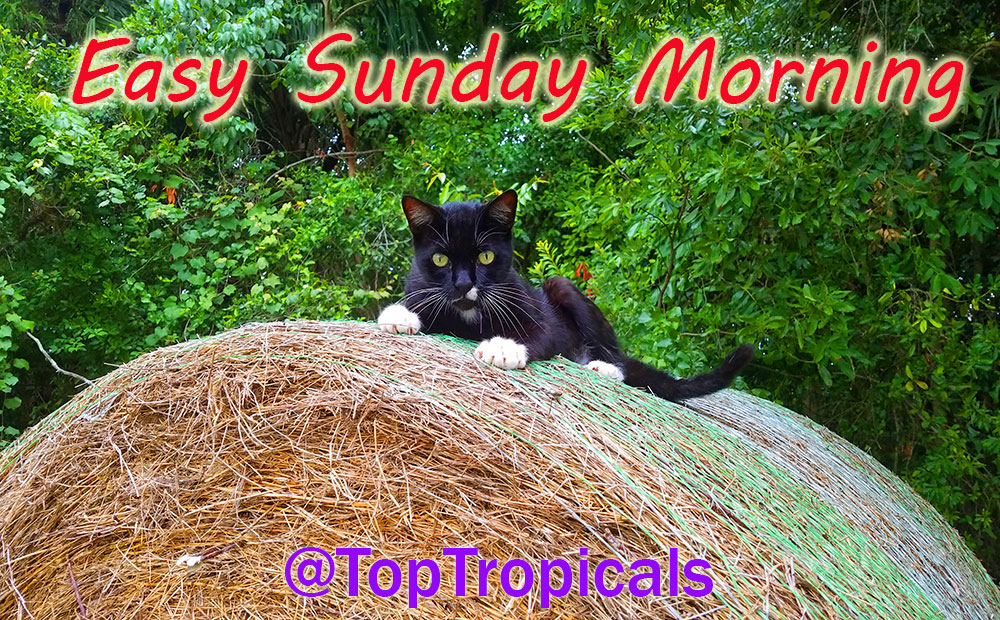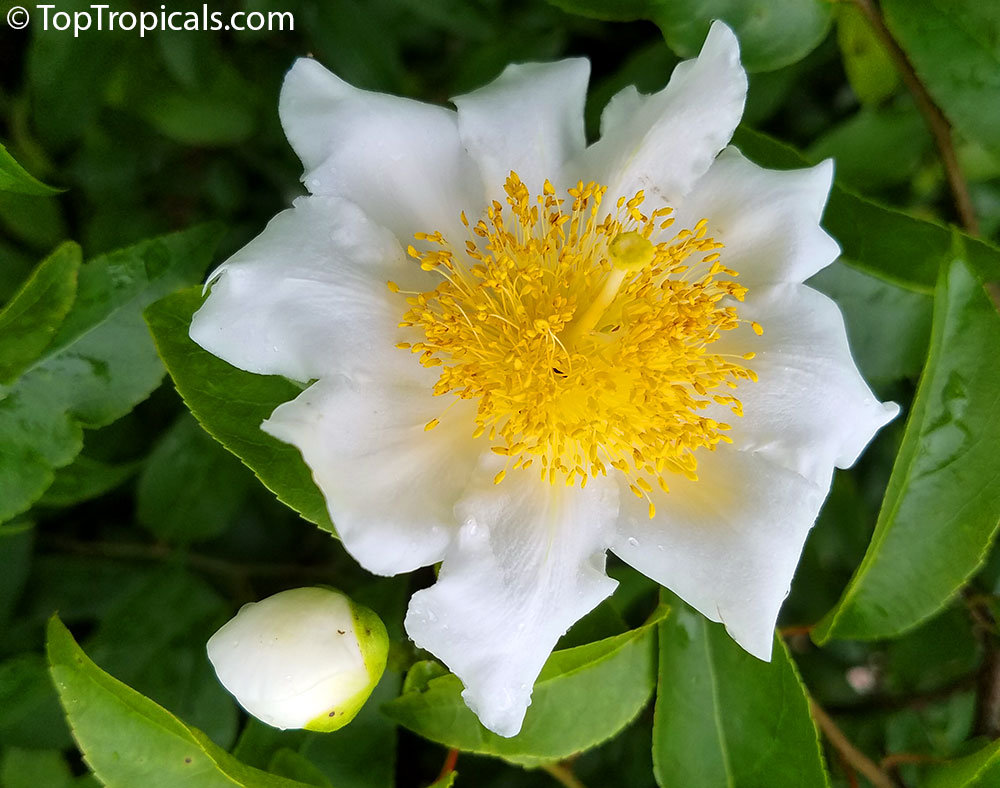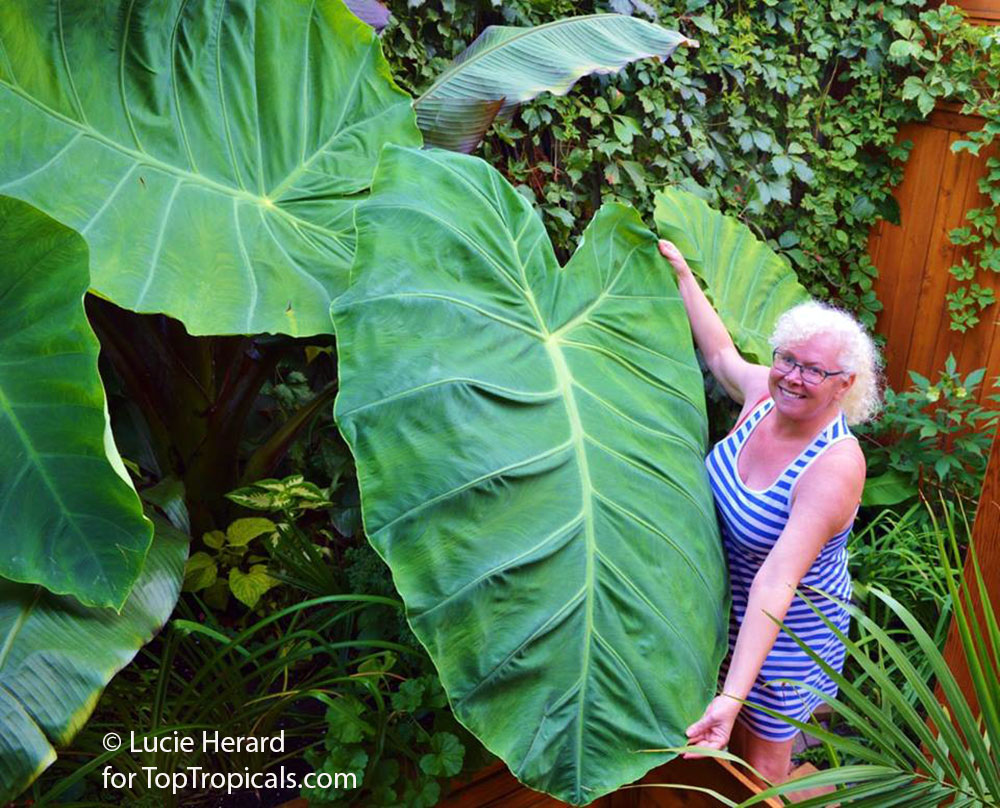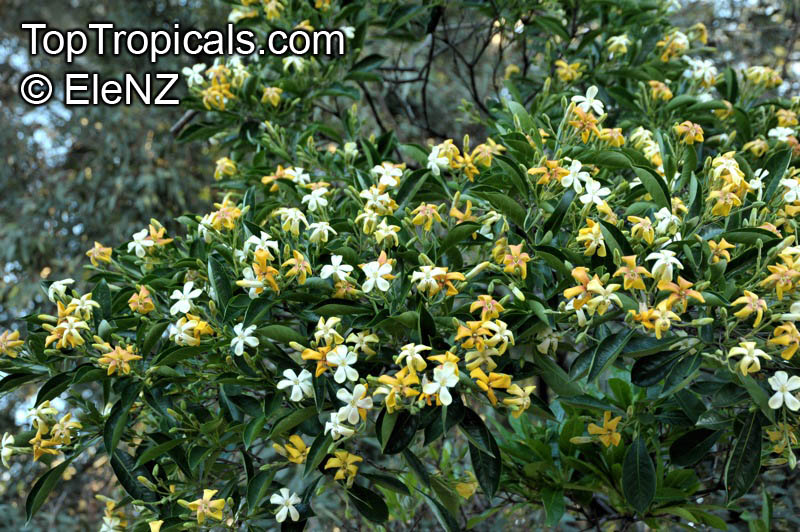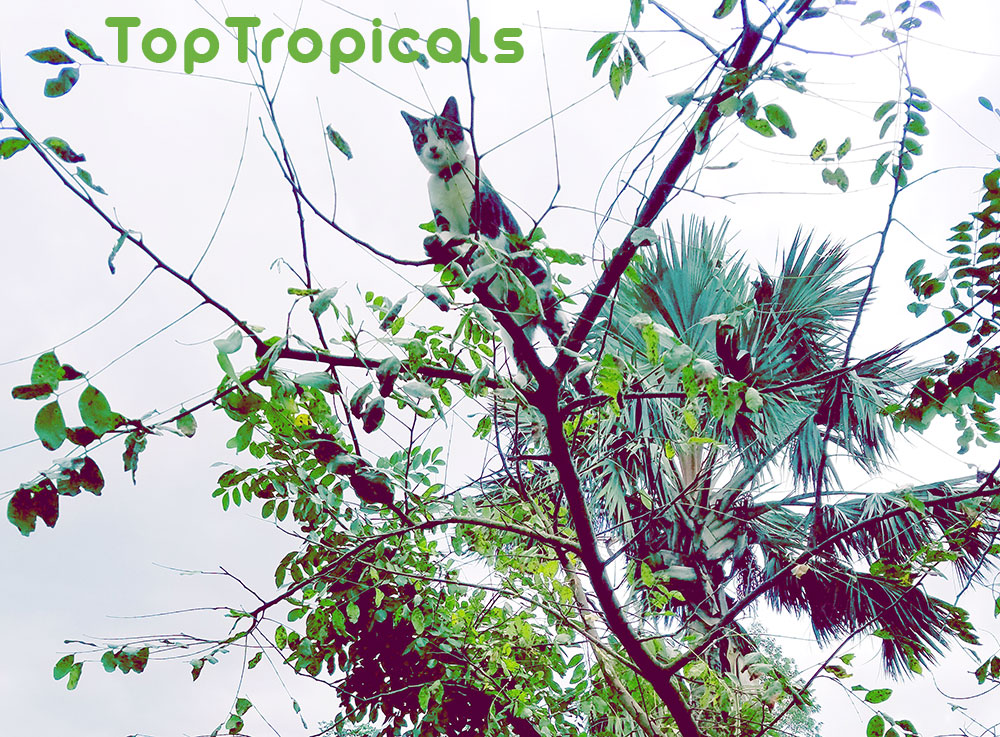Garden Blog - Top Tropicals
Date:
PeopleCats saving us from COVID-19!
Cat owners have higher immunity for COVID-19?
In our previous newsletter, we were talking about cats fighting the coronavirus and how to help them to recover.
The research made by Sabina Olex-Condor, a Polish doctor who works in a
clinic in Madrid, showed that due to cross-immunity (cats are a known reservoir
of coronaviruses) cat owners have milder sympthoms of COVID-19! Perhaps this
is due to the fact that in a cross-reaction antibodies are produced to the
virus, and owners of cats are more protected from COVID19... Read more)
Now that quarantine has been introduced almost universally because of
coronavirus, dog owners are also in a better position - they can officially go
outside for a short while. But the benefit of dogs (and other pets) is not only
that. Scientists from the Italian city of Catanzaro found in the course of
the study, that those who have a four-legged pet, have very mild symptoms of
the COVID-19. A similar effect was observed in those in contact with cattle...
To find an explanation for this phenomenon, the researchers compared viruses.
It turned out that the disease of bulls, cows and other cattle is similar to
Chinese coronavirus by 38.4%, and the virus of dogs by 36.9%. This means
that owners of animals already have some kind of immunity. So the owners of cats
and dogs, as a rule, tolerate coronavirus easier or completely asymptomatic.
Read more...
Stay safe and healthy with your PetPeople!
TopTropicals PeopleCat Club
Thank you everybody for supporting us in helping PeopleCat Community!
Make
your kind donation today and receive a surprise gift from us. Every little
bit helps! Thank you and God bless you and your pets!
Date:
Meet PeopleCats of TopTropicals. Cat of the day: Anders from the King's Palace
We receive many letters from customers who enjoy our Cat of the Day column, including those who want to share their cat stories with us! Today's guest in PeopleCat studio -
Cat Anders. Anders lives in Stockholm. He is a manager of a Garden
Center located in one of the King's properties - Palace Ulriksdal. He has so many beautiful flowers in
stock! Lots of orchids, camellias, and showy colorful annuals.
Anders' favorite spot is to sit by the cash register where he can closely
monitor every payment transaction. Sometimes he takes a walk around the
premises to take care of security issues and to stay on top of his inventory
control. During lunch time Anders visit Flower Cafe nearby, to make sure visitors'
dogs behave properly... Yes, dogs and cats are welcomed in!
TopTropicals PeopleCat Club and Zoo
Thank you for supporting us in helping PeopleCat Community!
Make
your kind donation today and receive a surprise gift from us! Every little
bit helps. Thank you and God bless you and your pets!
Date:
Meet PeopleCats of TopTropicals. Cat of the Day: Sonya, the Co-Author
In our previous newsletter, you met our editor/photographer tandem - Tilda & Marina. Today we introduce our columnist assistant - Sonya. For the past decade, this True Norwegian Forest Cat has been a great helper and inspirational co-author for Alexandra, TopTropicals website writer and social media blogger.
Alex has been with TopTropicals since Day One (2003). In 2011, she got Sonya, a 3-month old kitten that someone kicked out: at that young age she already had quite a temper of a real Wild Cat. No one wanted to adopt her and Sonya was doomed to suffer a street life... So Alex invited her in the house... and it took her many months to teach Sonya some good manners! And Sonya turned into a beautiful and affectionate Purrrson as well as became the Boss in the house (what a surprise, duh) and Alexandra's dearest life companion. Sonya also discovered her talent in writing plant stories for TopTropicals, sitting on Alex's shoulder and whispering into her ear while she is typing Sonya's horticultural tips. And when Alex stares at monitors for more than 5 hours, Sonya lays on her keyboard saying: "Now get up and get some stretch lady! Let's go re-pot some plants for a change!"
We will be following up on Sonya's creative work, and you will hear from her again soon...
Check out and more Cat of the Day stories.
Date:
Healthy Plants: Q&A from Mr Booster
Meet our new Booster Guy
Plants need food too! Our line of Complete Plant Nutrition system - Sunshine Boosters - will give your plants exactly what they need, and nothing they don't! The boosters are easy to use, and -
ON SALE NOW with FREE shipping
- as a part of our 4th of July specials!
We have a new team member to help you learn more about Sunshine Boosters and how they can make your plants grow healthy and
fast.
Meet
Ed Jones - our new Booster Guy! Ed will be your contact for all Sunshine
Boosters questions, he will help you with fertilizer product selection and
ordering.
Soon we will introduce some new fun stuff... including: new advanced formulas, and cool electronics for ultimate control of your plant collections, gardens, greenhouses, and groves... Stay connected!
MORE ABOUT ED >>
Meet Ed's serious Booster People: Roxy and Delilah
Date:
PeopleCats of TopTropicals. Cats of the day: Biggy's Cat Hospital
Biggy checking on patient Abu when he couldn't walk
During these challenging times for the whole planet, we receive kind letters from our customers checking on how our PeopleCats are doing, especially those that previously were ill. And since we promised to follow up on everyone, including heart-breaking story of Raja and Abu, today's report is about everybody's progress!
As we mentioned in our previous newsletter, several cats in TopTropicals
Cat Sanctuary had a coronavirus (we call it COVID-Cat-20), or simply a cat respiratory infection. Chiefy, Snitch, Marco and Biggy had it really bad, but some other PeopleCats surprisingly didn't
get it! Just like with humans. Lucky King didn't have a single sneeze!
Finally, everybody has recovered by now, but it has been a very stressful
couple of weeks for us, considering limited vet availability at this stay-home
time. On top of that, Lil S had an abscess and was also contained in a home hospital, away
from flu-quarantined PeopleCats. Our homes become real cat hospitals!
We are thankful to our customers support, especially Silvia who made
several donations for our PeopleCats, and also recommended antiseptic pads - those worked great for Lil S!
Abu and Raja's adventures were not over... After 2 weeks of seeing a
vet treating their infections and injuries, they got worse... Then after a
couple of weeks in another hospital (and a couple thousand more in bills) we were
suggested to put them down as hopeless since they would never walk again...
But Kristi did not want to believe it, she did not give up! The kittens heard
her. They won. Today, they are all better, walking, jumping and playing!
Thank you Kristi!
Never give up hope!
Stay safe and healthy with your PeoplePets!
TopTropicals PeopleCat Club
Thank you everybody for supporting us in helping PeopleCat Community!
Make
your kind donation today and receive a surprise gift from us. Every little
bit helps! Thank you and God bless you and your pets!
Date:
How to get rid of bad luck:
The story of the Garlic Vine
by Alex Butova, the Witch of Herbs and Cats
Are you a vampire? If not, then this is your Plant! Mansoa alliacea, or Garlic Vine, is a truly amazing plant. There are
two special features that make it so unique...
...First, the flowers start off deep lavender with white throat and change
to a lighter shade of lavender with age. Eventually fading to almost white,
and you will see three different color of flowers at the same time on the
plant. It's fantastic!...
...Secondly, the small of the leaves makes it a conversation piece: crushed
leaves smell like garlic...
...The plant is said to help get rid of bad luck and is a favorite with
hunters. Some Amazon natives offer their dogs a brew of this botanical to ensure
success during the hunt. Up until now, most consider the plant to be magical
or spiritual and they hang bunches of the leaves around their home for good
luck or in order to drive away evil spirits...
CONTINUE READING >>
Date:
URBAN TROPICAL GARDENING:
10 secrets of successful Container Mango growing on a
balcony.
Q: I live in Miami in apartment on a second floor, and I have a balcony with SE exposure. I wonder if I can grow a mango tree in a pot? Will it fruit for me? I recently moved to South Florida and I don't know much about tropical plants; but I tasted real fiberless mangos from someone's garden - it was so delicious and different from those in the grocery store. I wonder if I can have a fruiting tree on my balcony? And if yes, how do I plant and take care of it?
A:
Yes, you can! Here is what you need to do:
1) Temperature. You are lucky to live in Tropics,
keep it on a balcony year round.
2) Light. Position the pot in a spot with the most
sun exposure. Mango trees can take filtered light too, but
the less sun, the less fruit you will get.
3) Soil and Container. Use only
well drained potting mix. Step up the purchased
plant into next size container (3 gal into 7 gal, 7 gal
into 15 gal). When transplanting, make sure to keep growth
point (where roots meet the trunk) just at the top of the
soil. Covering base of the trunk with soil may kill the
plant.
4) Water. Water daily during hot season, but only
if top of soil gets dry. If it still moist, skip that day.
Mangoes (unlike
Avocados!) prefer to stay on a dry side.
5) Fertilizer. Use
balanced fertilizer once a month, 1 tsp per 1 gal of
soil. Do not fertilize during fruiting - this may cause
fruit cracks.
6) Microelements. Apply
SUNSHINE-Superfood once a month. This will help your
mango healthy, vigorous, and resistant to diseases. Use SUNSHINE-Honey to make your
fruit sweeter.
7) Insect control. Watch for scales and mealybugs,
clean with solution of soapy water + vegetable oil (may
need to repeat 2-3 times with 10 days interval), or with
systemic insecticide like imidacloprid only as needed (if
non-harsh treatment didn't help). Most Flea shampoo for
dogs contain that chemical, you may try that shampoo
solution.
8) Trimming. Once potted, do not remove leaves
that are discolored or have spots until new growth
appears. Dark dots on mango leaves, especially in humid
climate like Florida, may be signs of fungus. Treat with
fungicide according to label, and remove only badly
damaged leaves. Trim crown as needed after flowering and
fruiting (by Fall). Train into a small tree, and you may
remove some lower branches eventually.
9) Flower and fruit. Mangoes are winter bloomers
with bunches of tiny flowers coming in thousands. Many of
them set fruit (if pollinating insects present). Keep in
mind that young trees can only bare a few fruit. Normally
a tree will drop excessive fruit and keep only a few that
it can manage. To save the young tree some energy, remove
fruit if too many and leave only 2-3 for the first year.
It will pay you next year with more abundant crop.
10) Variety. Last but not least: Choose the right
variety for container culture! Pick from "condo" dwarf
varieties such as Icecream, Nam Doc Mai, Carrie, Cogshall, Julie, Fairchild, Pickering, Graham, Mallika, and a few others -
check out Mango Chart pdf
and full list of our Mango varieties.
Date:
Edible Landscape: fruit bearing hedge
Photo above: Biquinho Pepper (2 months old plant)
Q: My mom had to remove a hedge for some renovations and after being heartbroken about losing my little bird haven, I've decided to plan on a fruit bearing hedge that offers some privacy and places for the little fledgling to wait for food. Any suggestions? I was thinking blueberries or citrus but open to any ideas.
A: Below are a few suggestions for a fruit bearing hedge planted with fast-growing, tropical species. They will contribute to a nice edible landscape for both your family and the birds - they will be very happy!
Larger size hedge (small trees), grows full-size within 1
season:
- Loquats
- Dwarf Mulberries (very cold hardy too) such as Dwarf Everbearing
Medium size hedge (shrubs or vines), 2-3 seasons to grow full
size:
-
Black Surinam Cherry Lolita
- Blackberries and raspberries
Low hedge (4-5 ft tall, 1 season, fast growing):
-
Biquinho Pepper
- Wiri
Wiri Pepper
Citrus is probably not a good idea, not bird's favorite, and blueberries require a special acidic soil here in Florida, so they will need extra maintenance, special soil, and heavy mulching.
Surinam Cherry Lolita, 2 year old plant
Date:
Easy Sunday Morning Deals: Fried Egg Tree and Giant Mafafa
Saving on your favorite plants is Easy.
Easy like Sunday Morning...
It's time for our favorite day and another Easy stroll through Top Tropicals Garden with savings of
up to 50% and MORE!
Fried Egg Tree and Giant Mafafa
How do you like your eggs for Sunday breakfast, sunny side up or over easy? We have an amazing Sunny flower for you that is Easy to get today - with Easy Sunday Morning Deals. And yet another plant that is not only amusing, but also edible and nutritious...
Fried Egg Tree
- Oncoba spinosa -
Oncoba spinosa - Fried Egg Tree, has beautiful white and yellow camellia-like flowers look like 'fried eggs'! Flowers are honey-sweet fragrant and attract butterflies and bees. The fruits have a sour, edible pulp.
Taro Root, Mafafa
- Colocasia Thailand Giant -
This Taro has the biggest leaf on planet, it is a conversation piece in every garden. Grown as a root vegetable for its edible starchy corm, and as a leaf vegetable. The corms are roasted, baked or boiled, and the natural sugars give a sweet nutty flavor. The starch is easily digestible, and since the grains are fine and small it is often used for baby food. The leaves are a good source of vitamins A and C and contain more protein than the corms.
Both plants are
large and developed, grown in 2-3 gal pots, regularly $42.95 each,
on Easy Sunday sale for only $21.95!
Combine the two and save even more!
2 plants total price: Reg. $85.95 - Easy Sunday Deal: $39.95
Remember, the Easy Sunday Deal expires on Monday February 7th.
Date:
Plants that are not for eating
Q: On the website, it says that the pua keni keni tree is toxic. Do you know how toxic? Is it mild irritation or can someone die from ingesting any part of the plant?
A: Pua Keni Keni, Fagraea - seeds (and especially flesh of the fruit) are toxic, so we recommend to always wash your hands after handling them. Obviously, nobody in our team ever tried to eat them to check how toxic they are and if they are deadly.
In general, one must be careful when using plants for purposes other than ornamental growing, especially for consumption. While some obvious edibles (cultivated fruit, vegetables, herbs) are generally safe, but some individuals may have severe reactions - for example, many people are allergic to mangoes; other people may be sensitive to only mango leaves.
A number of plants that have parts commonly consumed for food, have other parts toxic or poisonous. Example: Potato - Solanum tuberosum - has edible tubers feeding the whole planet population, but this plant's fruit is highly toxic and even deadly if eaten. Fruit from a Potato plant look like tiny little green tomatoes since Potato belongs to the same family as Tomato - Nightshade, but it is super poisonous, while Tomato fruit is perfectly edible. So one must watch out and especially educate little children about not tasting anything directly from the garden.
As far as animals concern, in Nature they know what is poisonous and what is edible. Have you ever seen dead birds around a tree with poisonous fruit/seeds? Animals have their own sense for it. So if your concern is for pets, it is normally safe to have pets around plants with irritating or even poisonous parts. However, if your dog has a bad habit of chewing on stuff, you may use extra caution there.
Photo below:
Riki-Tiki-Tavi exploring TopTropicals Gardens.
